"We built everything from scratch and pride ourselves that we can repair each of our hydroponic vertical farm systems with items that can be found in any local hardware store. This is an essential part of our expansion strategy to create a system that can be run, set up, maintained, and repaired anywhere in the Philippines and beyond," Ralph Becker, Founder, and CEO of Urban Greens, a Manila-based indoor farming company, explains.
"Not only is this useful for us, but it makes us equally attractive to investors. We have ongoing conversations with a number of vertical farming companies from abroad, wanting to bring us under their umbrella to gain access to the local market. Vice versa, we have had chats with local conglomerates looking to integrate us into their portfolio as well."
VerticalFarmDaily was invited to visit Urban Greens in Manila, where we got an extensive tour of the latest facility of the company. If you cannot wait to see the photos, click here to view the photo report.
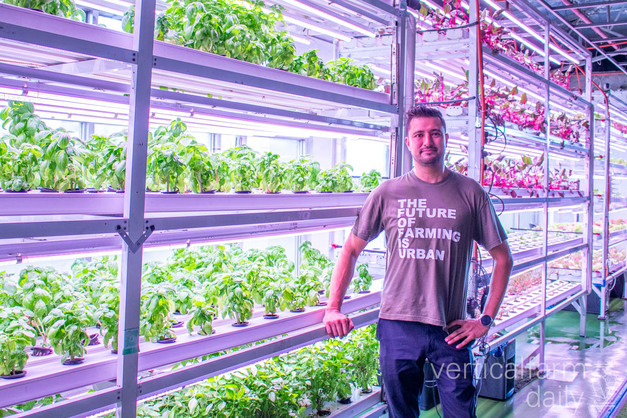
Ralph Becker at his farm in Manila
Investing in local rewards
Urban Greens has recently celebrated its fifth anniversary since its inception, and over the years, the company has had to pivot a number of times to determine what works best for the local market. Ralph points out that Urban Greens pursued a bottoms-up design approach with the local market environment in mind rather than buying technology from abroad, which is often not very suitable and inadequately designed to fit the local market and environmental conditions.
Click here to view the photo report.
The latest farm project, a 700m2 facility, has yet to be fully completed, and once fully operational, it can hold up to 45 grow racks at six levels, each with a capacity to grow close to 2 metric tons a month. With a clear path towards breaking even and reaching a profit in the next quarter, Urban Greens sales are primarily focused on the B2B market, which covers 80% of the current production, which mainly goes to high-end restaurants and hotels within a 5km radius of the city based far.
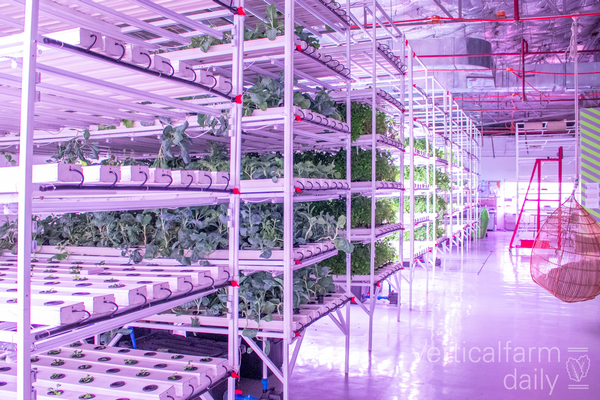
Hydroponics course
Ever since the loss of Covid restrictions in 2021, the farm has been opening its doors to people interested in getting to know more about hydroponics. Today, Urban Greens has been educating about 1000 people on hydroponics through its "Hydroponics 101" course, which they have been hosting since its inception.
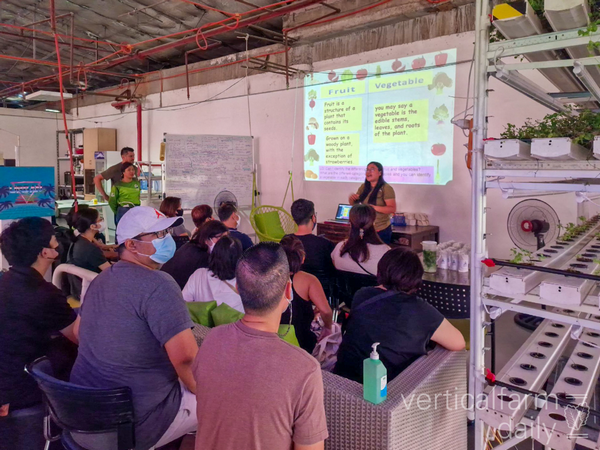
An ongoing hydroponics course with about 20 attendees
Funding still a tricky subject
According to Ralph, the budget has been increased significantly for 'smart farming' in the Philippines. So basically, anything related to modern and smart can receive funding.
Click here to view the photo report.
"The funding seems to be there, but it has yet to actually materialize and projects need to be funded in a way that allows them to remain sustainable for the first few months until production capacity and sales can carry the project on its own. So it's not really about the system CapEx itself because they run at a high cost. However, it's important the funding includes operating expenses until the systems are at least break even."
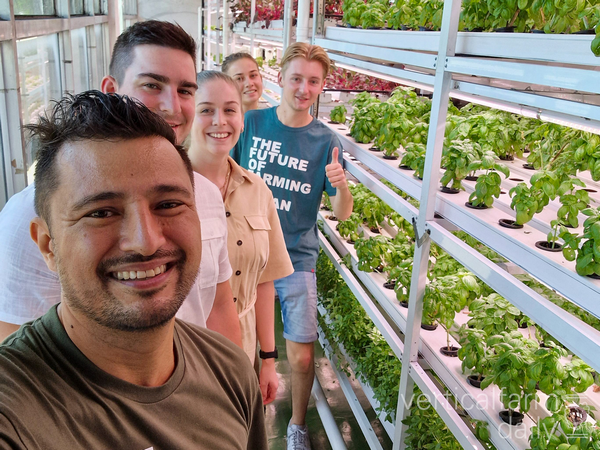
Selfie time! Ralph, Corné, Rebekka, and the Dutch interns Jelmer and Hanne, who recently joined the company
Removing human error
However, the team is not sitting still as various interns have been joining the company to lend their expertise to the profession they're pursuing. For instance, some are working on developing an automated nutrient dosing system, sensors, automatic lighting schedules, etc., so the farm can be run on automated assets more and more.
Click here to view the photo report.
"It's not that labor is so expensive here. It's just that we want to minimize the amount of human-related errors so we can increase our consistency and accuracy."
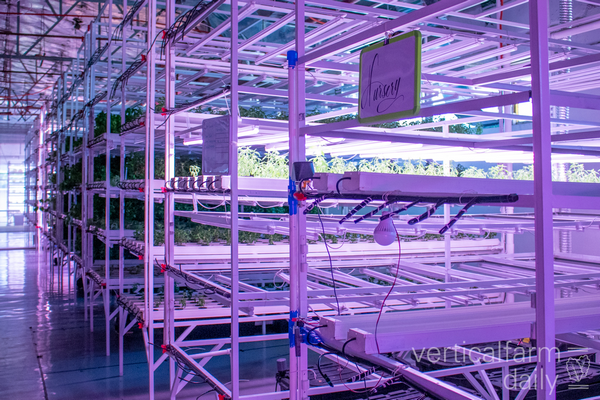
Corporate Social Responsibility
Besides creating a local footprint in the city, Urban Greens is creating job opportunities for street kids who consider themselves equal-opportunity employers. It doesn't matter what educational background you may or may not have, as long as you're willing to work and are diligent and willing to learn. Together with a local NGO, the company is working on getting kids off the streets.
Click here to view the photo report.
Over the past few years, over a dozen young adults were hired and have been taught urban farming while earning a fair salary. It gives them a chance to lift themselves out of poverty and become thought leaders, which they can demonstrate to their community.
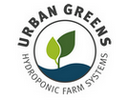 For more information:
For more information:
Ralph Becker, Founder, and CEO
Urban Greens
www.eaturbangreens.com
